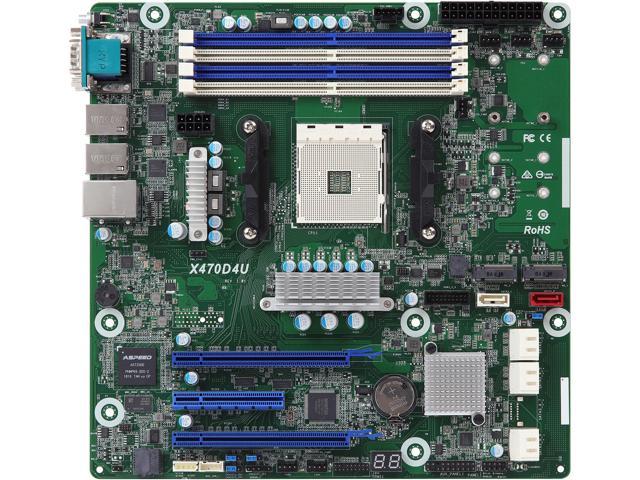Hey guys,
I'm not here to start a flame war, just trying to get some opinions on my upgrade path. I upgraded my desktop with the intent of switching my Ryzen 1600 and its mobo to be a server. However, despite Asus claiming the board supports ECC, they have let me down with false information. So I'm in a pickle. I could ask the community if they have a Ryzen server with ECC and what board they use and I'll consider throwing some extra $$ down if it means I can get that working. Otherwise...what are my prospects with a Xeon that supports DDR4? I'd really like to go used if possible to keep costs down. How would a 4C Xeon from the last few years fare against a Ryzen chip with performance and stability for FreeBSD with bhyve and jails? I don't want to dip into DDR3 gens because I have 32GB of DDR4 ECC ready to go.
I'm not here to start a flame war, just trying to get some opinions on my upgrade path. I upgraded my desktop with the intent of switching my Ryzen 1600 and its mobo to be a server. However, despite Asus claiming the board supports ECC, they have let me down with false information. So I'm in a pickle. I could ask the community if they have a Ryzen server with ECC and what board they use and I'll consider throwing some extra $$ down if it means I can get that working. Otherwise...what are my prospects with a Xeon that supports DDR4? I'd really like to go used if possible to keep costs down. How would a 4C Xeon from the last few years fare against a Ryzen chip with performance and stability for FreeBSD with bhyve and jails? I don't want to dip into DDR3 gens because I have 32GB of DDR4 ECC ready to go.









